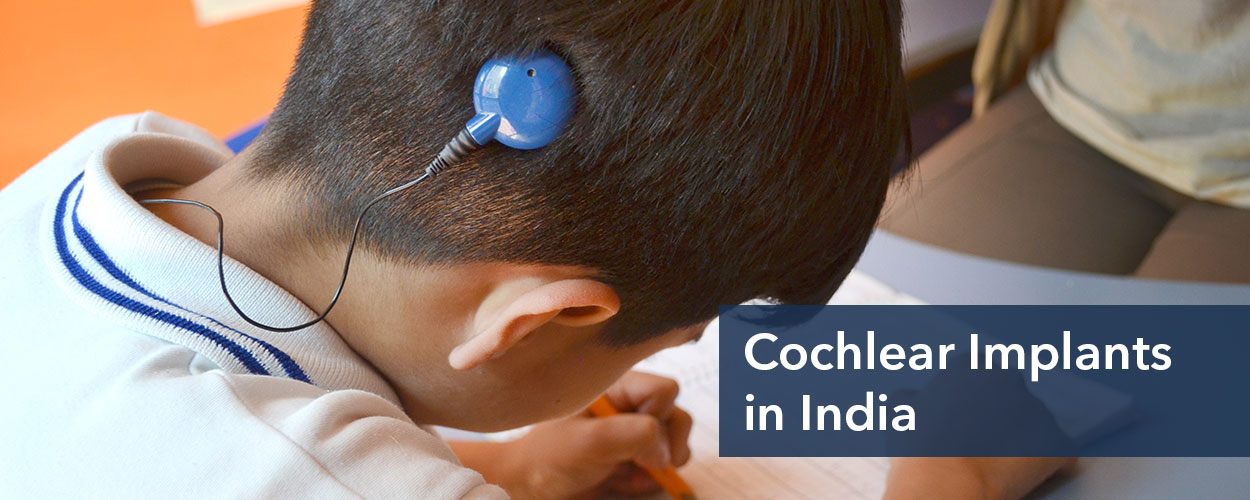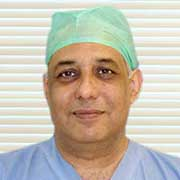Popular cochlear implant device brands
3 major manufacturers –
- Cochlear™
- Advanced Bionics
- MED-EL
Cochlear™ company –
Cochlear™ Nucleus® System
- Smart bimodal hearing solution from Cochlear and ReSound (Smart Hearing Alliance)- stream sound directly to both ears at once from a compatible Apple® or Android™ smartphone or device to your Nucleus 7 Sound Processor and compatible ReSound hearing aid
- The newest generation Nucleus Implant – the Nucleus Profile™ Plus Implant – expands our innovative implant portfolio by offering access to MRIs at 1.5 and 3.0 Tesla without removing the magnet or requiring a head wrap.
- The Nucleus® 7 Sound Processor features smartphone compatibility and is the smallest and lightest1 behind-the-ear hearing solution that combines comfort with advanced sound processing technologies. And thanks to the new chip technology, you can enjoy a full, active day with up to 50% longer battery life.
- Cochlear Nucleus CP802 Sound Processor
Kanso® Sound Processor – the smallest and lightest1,2 off-the-ear sound processor available with two microphones. It has a robust, all-in-one design, with no cables and nothing on the ear to worry about or maintain.
Cochlear™ Baha® system
Implants –
- Baha® Connect system
- Baha® Attract system
Sound Processors –
- Baha® 5 Sound Processors – For hearing loss up to 45 dB
- Baha 5 SuperPower Sound Processor – For hearing loss up to 65 dB
- Baha 5 Power Sound Processor – For hearing loss up to 55 dB
Advanced Bionics Company (with Phonak Technology) –
For bilateral cochlear implant
- Naída Link Bimodal Solution
- Naída Link Bimodal Solution
- Naída Link CROS Solution
- Naída Electric Acoustic System
Naída CI Q Series Sound Processor –
- Naída CI Q30 – the optimal choice for recipients seeking outstanding performance in noise and wireless connectivity, while enjoying simplicity and ease of use.
- Naída CI Q70 – the ideal choice for recipients who benefit from greater comfort and advanced bilateral features. In addition to Naída CI Q30 features, it includes additional binaural, bilateral, and bimodal features ideal for hearing in noise and on the phone.
- Naída CI Q90 – the ideal solution for recipients who benefit from a full line of features and accessories. In addition to features of Naída CI Q70 sound processor, it includes unique automatic capabilities, better hearing in noise, and future acoustic electric compatibility.
- Neptune™ Sound Processor – The first and only SWIMMABLE sound processor in the world. Features include industry’s only Freestyle™ design for the freedom to choose your wearing style, advanced waterproof technology, ease of use, incredible performance capability.
MED-EL company–
SYNCHRONY Cochlear Implant (3.0 Tesla MRI—Without Magnet Removal)
MED-EL offers exceptional hearing performance and outstanding reliability
Features –
- Highest MRI safety- The self-aligning implant magnet provides unmatched comfort, security, and peace of mind during an MRI scan.
- Smallest Titanium Implant -The smallest and lightest titanium cochlear implant available—making it the ideal choice, even for the youngest candidates.
- Proven Stability – Small titanium fixation pins secure the implant in place, ensuring stability for long-term safety and reliability.
- Flexible Electrodes – the widest selection of soft, flexible electrodes to ensure the optimal solution can be chosen for every candidate.
- Sync with all devices – Connect wirelessly to nearly any external audio source or Assistive Listening Device (ALD). An accessory battery pack enables direct audio input from any device with a headphone jack.
- Powered by Triformance – the combination of three key technologies: Complete Cochlear Coverage, Fine HearingTM, and Structure Preservation.
2 types of audio processor available –
SONNET Behind-the-Ear Audio Processor
- Wind Noise Reduction
- Automatic Sound Management 2.0 for hands-free control and effortless listening
- The water-resistant, lightweight, and tamper-proof design
- An ideal choice for both children and adults.
RONDO Single-Unit Processor
- Compact All-in-One Design – combines the control unit, battery pack, and coil into a compact and convenient single-unit processor
- Comfortable and Discreet – is worn off the ear; especially comfortable for individuals who wear glasses
- Waterproof with WaterWear Accessory













